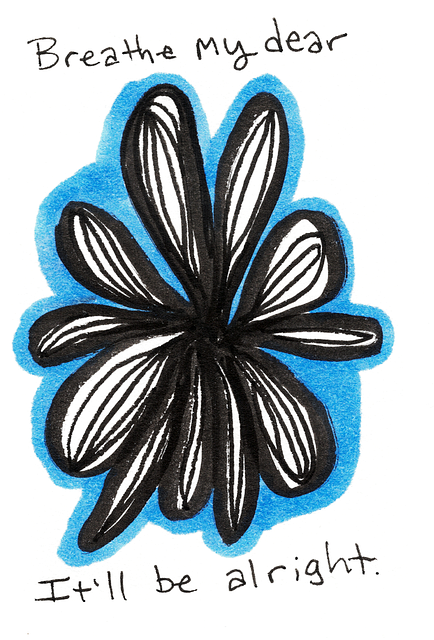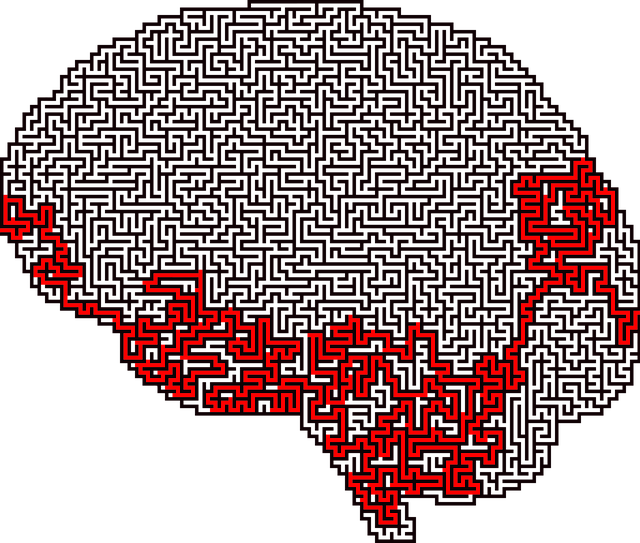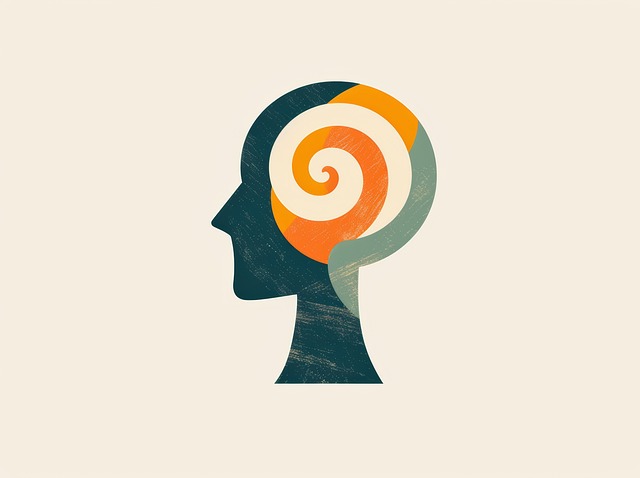Cultural competency is crucial at Northglenn Cancer Issues Therapy, where understanding diverse patients' backgrounds enhances care and outcomes. Through training, providers learn to address communication, dietary, spiritual, and mental health needs, creating an inclusive environment. Programs like mental health education and journaling exercises improve patient experiences. Strategic training, involving healthcare professionals, administrators, and community members, integrating diverse perspectives, and utilizing resources like podcast series, ensures continuous improvement in cultural sensitivity for better patient care.
In the diverse community of Northglenn, cultural competency within healthcare is an essential aspect of addressing unique cancer care challenges. This article explores the significance of cultural sensitivity training for healthcare providers, focusing on improving patient outcomes in Northglenn’s cancer therapy settings. We delve into strategies for designing effective programs to overcome cultural barriers, ensuring inclusive and accessible care for all patients, especially those from diverse backgrounds facing Northglenn Cancer Issues.
- Understanding Cultural Competency in Healthcare: Why It Matters for Northglenn Cancer Patients
- Designing Effective Training Programs to Address Cultural Barriers in Cancer Care
- Implementation Strategies and Continuous Improvement for Cultural Competency in Northglenn Cancer Therapy Settings
Understanding Cultural Competency in Healthcare: Why It Matters for Northglenn Cancer Patients

In the healthcare landscape, cultural competency is a vital aspect that significantly impacts patient care and outcomes, especially for diverse communities like those in Northglenn facing cancer issues. It involves understanding and respecting different cultures, beliefs, and values, ensuring that every patient receives tailored therapy and support. In the context of Northglenn Cancer Issues Therapy, culturally competent healthcare providers can address unique challenges faced by patients from various ethnic and social backgrounds.
For instance, patients might have specific preferences for communication styles, dietary needs, or spiritual practices that need to be incorporated into their cancer care plans. Mental wellness is another crucial aspect, as cultural competency includes providing mental health education programs designed to support patients’ emotional well-being during their journey. Simple exercises like journaling can guide patients in expressing their feelings and experiences, enhancing their overall therapy experience. By integrating these initiatives, healthcare providers can foster a more inclusive environment, ensuring that every Northglenn cancer patient receives compassionate, culturally sensitive care.
Designing Effective Training Programs to Address Cultural Barriers in Cancer Care

Effective cultural competency training programs are instrumental in bridging communication gaps and improving cancer care outcomes, especially in diverse communities like Northglenn. These initiatives aim to educate healthcare providers on navigating cultural barriers that may hinder patient trust, adherence to treatment plans, and overall wellness. By designing inclusive training, professionals can gain insights into different cultural perspectives, beliefs, and practices related to health and disease, particularly concerning cancer.
The curriculum should incorporate interactive workshops, case studies, and role-playing scenarios to foster a deeper understanding of diverse populations’ unique challenges. For instance, addressing language barriers through interpreter services training or teaching cultural sensitivity when dealing with immigrants and refugees can significantly impact patient engagement. Additionally, integrating stress reduction methods and mental wellness topics into the training, as explored in the Mental Wellness Podcast Series Production, can enhance healthcare providers’ resilience and better equip them to support patients’ emotional needs, a crucial aspect of comprehensive cancer care alongside physical therapy at Northglenn Cancer Issues Therapy.
Implementation Strategies and Continuous Improvement for Cultural Competency in Northglenn Cancer Therapy Settings

Implementing cultural competency training within Northglenn cancer therapy settings requires a strategic approach to ensure its effectiveness and longevity. One key strategy is to involve all stakeholders, including healthcare providers, administrators, and community members, in the planning and execution process. This collaborative effort fosters a shared understanding of cultural competency and its importance in delivering quality cancer care. By incorporating diverse perspectives, the training programs can be tailored to address the specific Northglenn Cancer Issues Therapy needs of the local population.
Continuous improvement is another vital aspect. Regular evaluations and feedback sessions should be organized to assess the impact of cultural competency initiatives. This involves measuring changes in provider attitudes, behaviors, and patient outcomes related to cultural sensitivity. Additionally, integrating Conflict Resolution Techniques into the training curriculum empowers healthcare professionals to navigate complex interpersonal dynamics with diverse patients. As part of ongoing professional development, Mental Wellness Podcast Series Production can also be utilized to share real-life experiences and best practices related to cultural competency, fostering a supportive learning environment for all involved in Northglenn Cancer Issues Therapy settings.
Cultural competency training is a game-changer in addressing Northglenn cancer issues, ensuring patients receive holistic and sensitive care. By designing effective programs that tackle cultural barriers, healthcare providers can foster a more inclusive environment. Implementation strategies, including ongoing training and feedback mechanisms, are vital to continuous improvement in Northglenn cancer therapy settings, ultimately enhancing patient outcomes and satisfaction.














